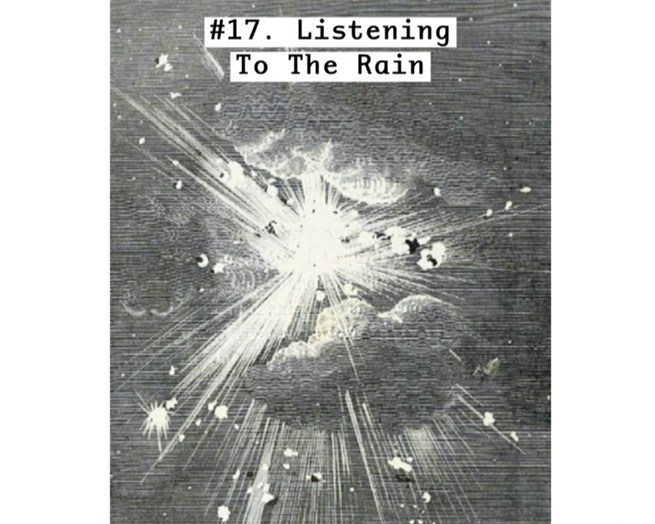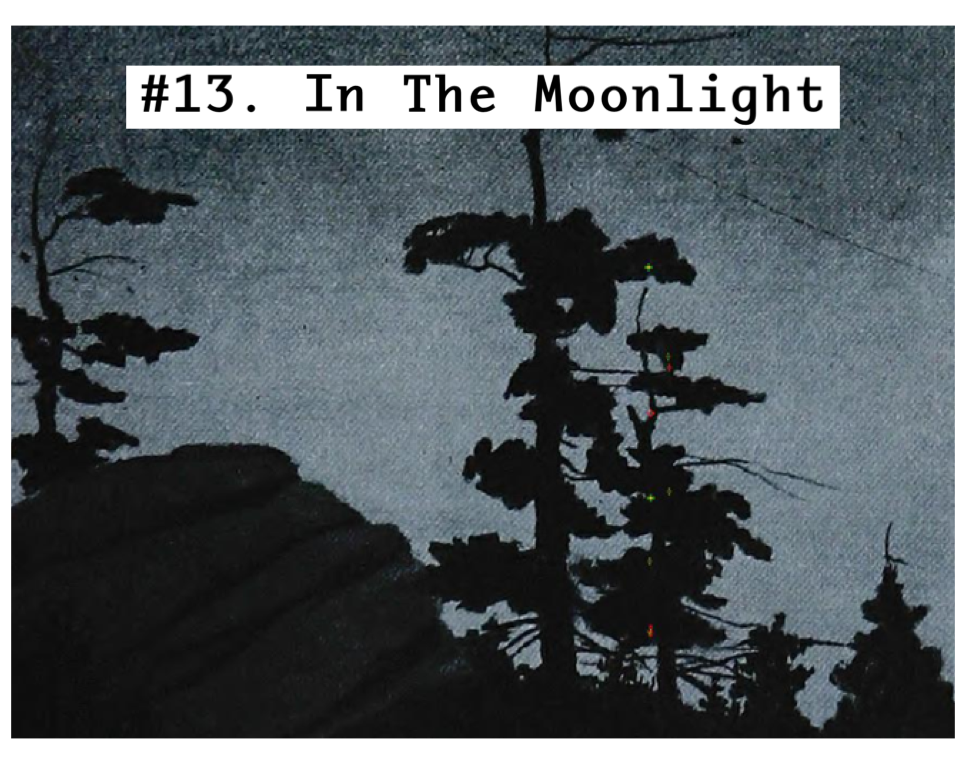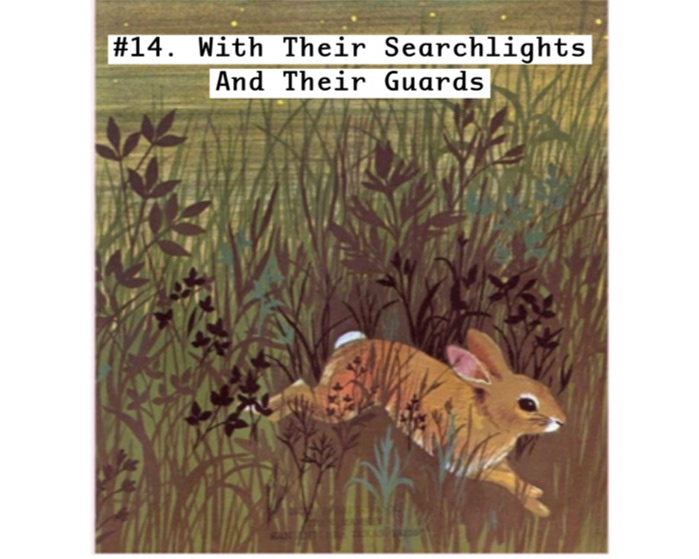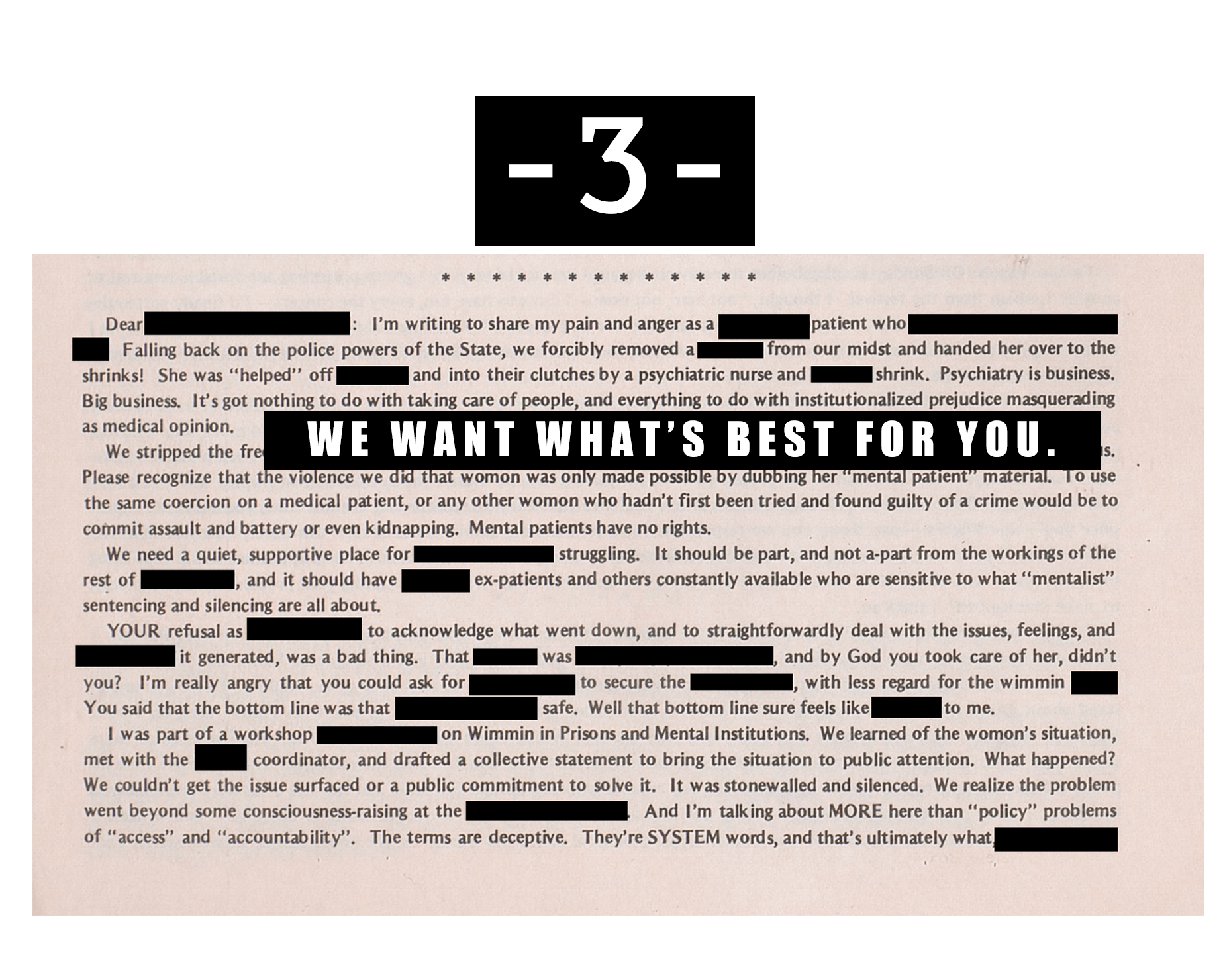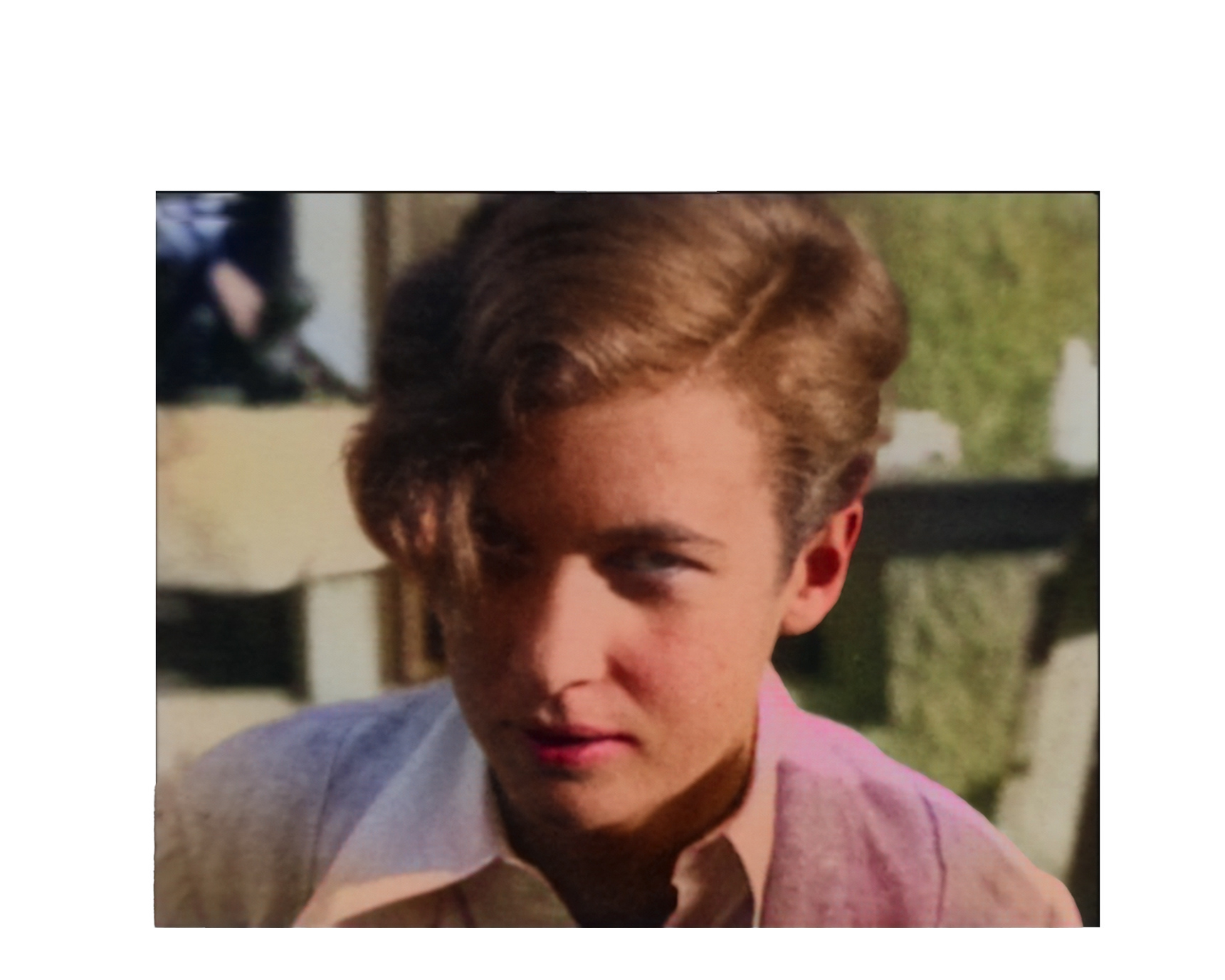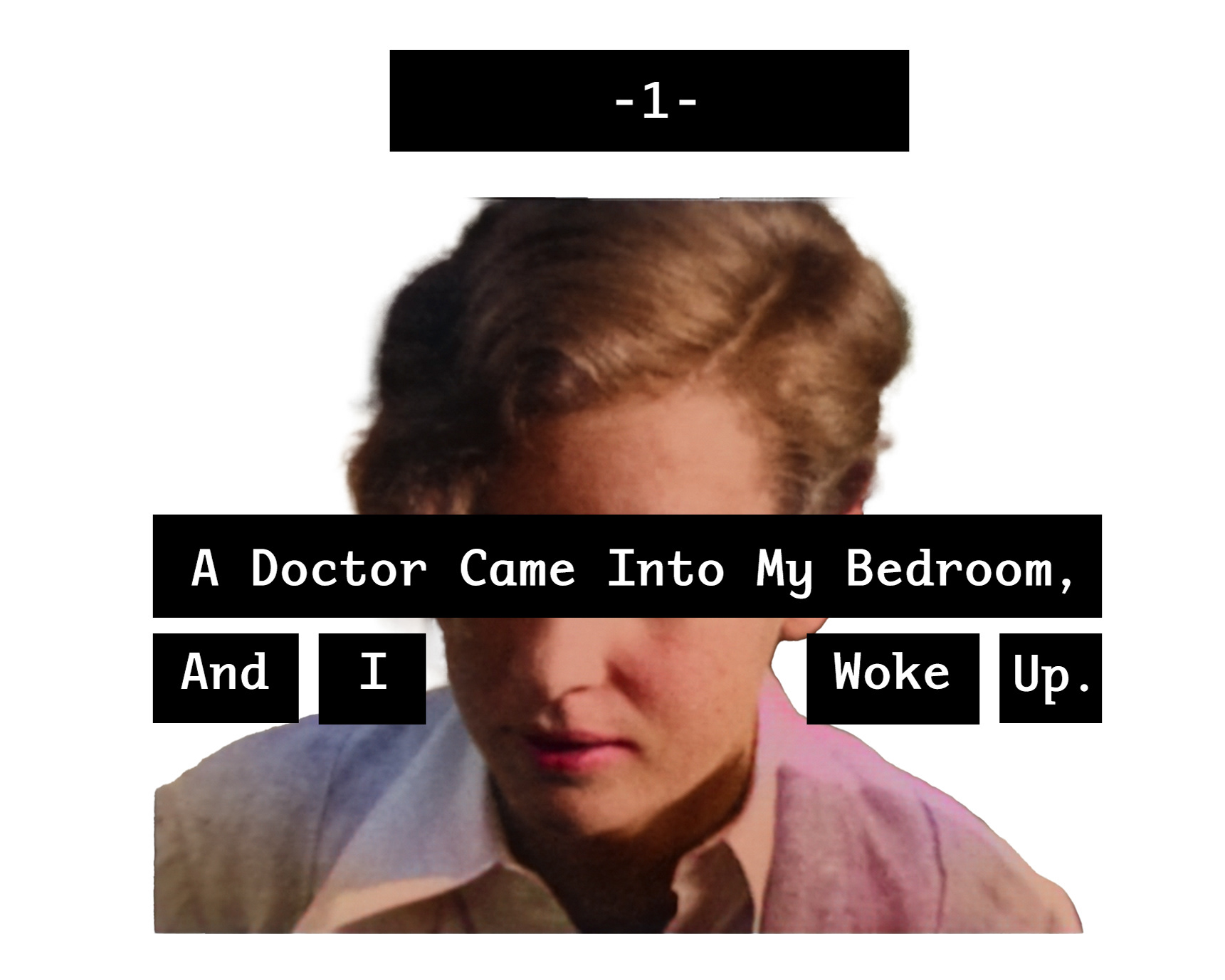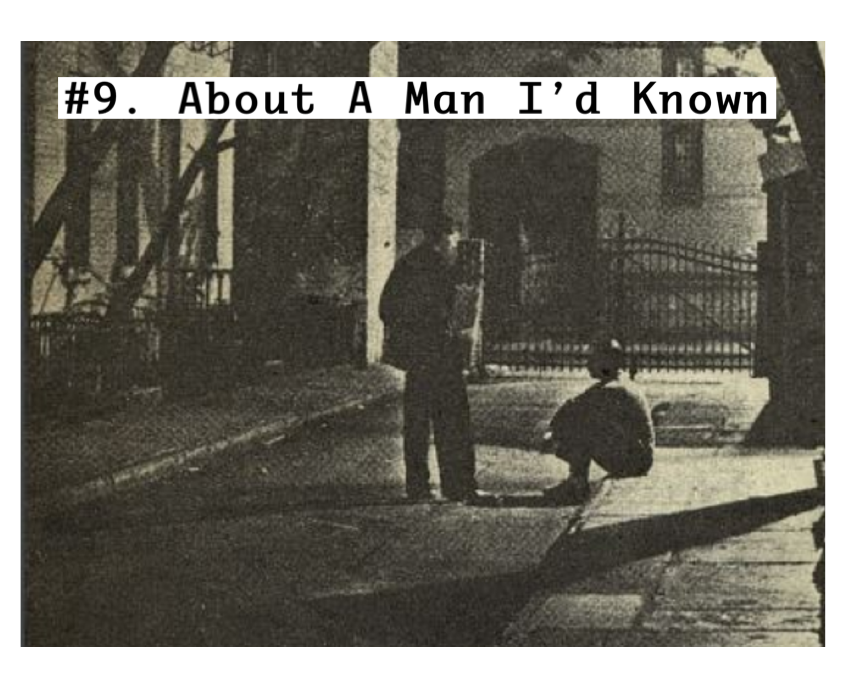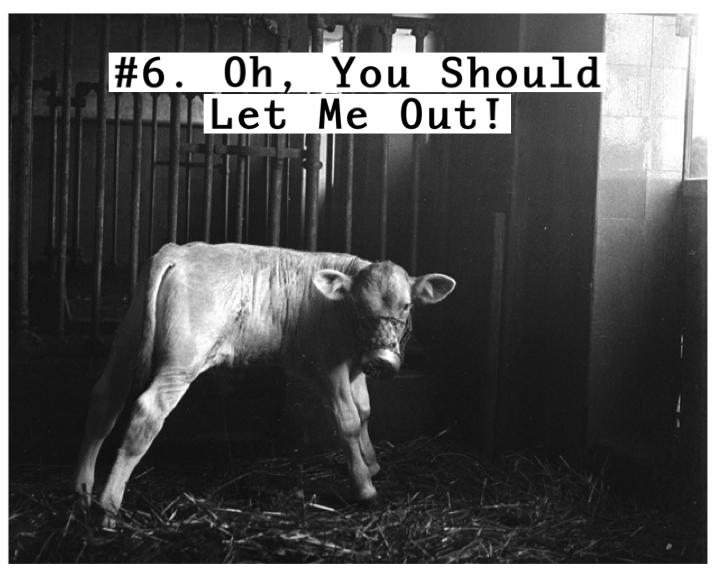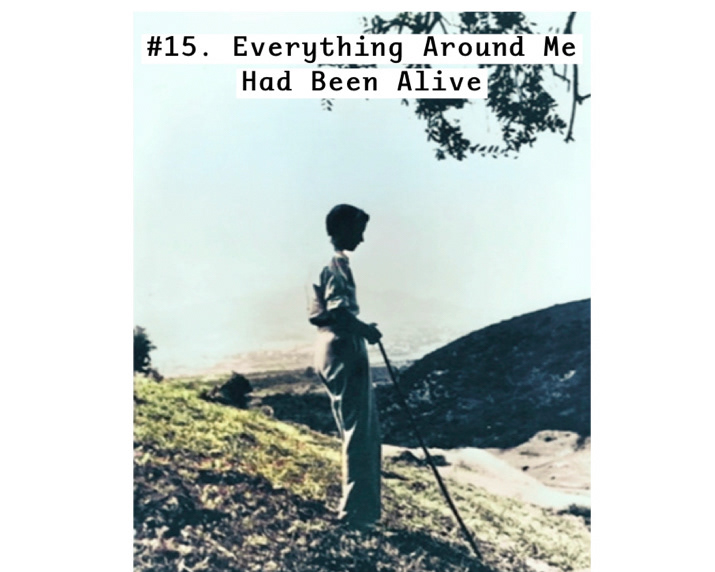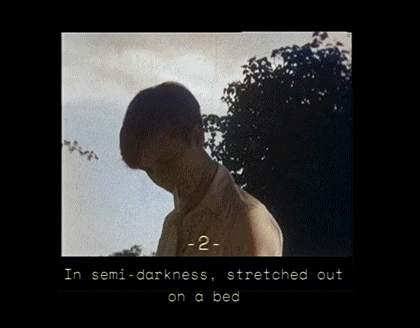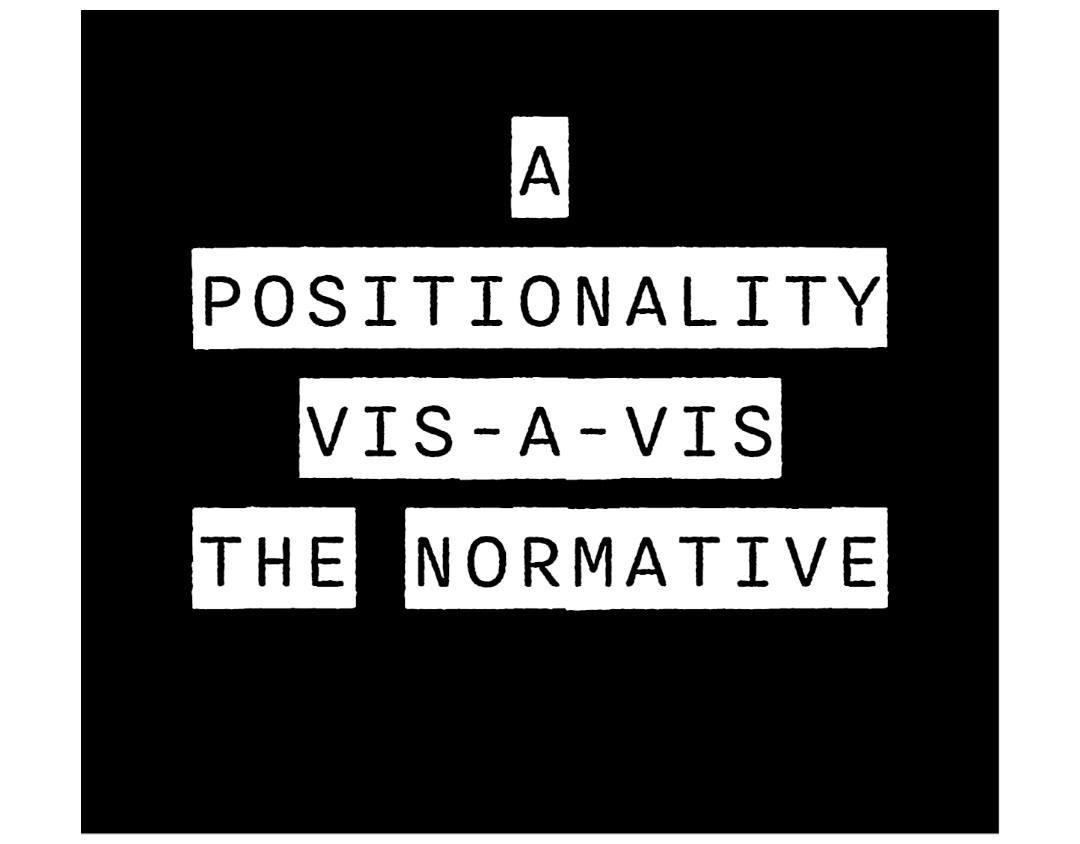"My Prison-Cure in America", Chapter 10
Adapted from Annemarie Schwarzenbach, by Cleo Varra
Read previous: #9. About A Man I'd Known
Content warning: Sexual trauma
------------------------------
From Bellevue Hospital, Annemarie Schwarzenbach was transferred to the Payne Whitney Psychiatric Clinic, which is where this story continues.
White Plains, NY-- 1941
***
Sometimes, as if anybody were challenging me, I shake my head no. ”No,” I think, “No, I didn’t suffer so terribly—” But how can I explain it? Because I was a prisoner, and I didn't live like other people, but as if I were outside of the world. All paths were in the dark, and as unreachable as starry orbits.
It was like living under a huge glass bell. The sun circled its rim, fires extinguished. The clouds and winds were silent.
Through a window, you could see everything go by— without haste, without turmoil, streams and tides in an eternal rhythm.
You didn't know if it had come to a standstill long ago; and if it were you, your room, sliding restlessly from morning to evening, and to the next morning— your feet, walking from one wall to the other; and your gaze, always wandering in the same circle, feigning a little more movement, making you think that you were alive.
But you weren't usually fooled.
***
Stillness spread like a white sheet over all disturbances: all noises, and any stirring of desire that still flared up; all wishes cut short, and all cries of rebellion. Stillness rose from our pained expressions like a light cloud.
It floated high up, up into the ringing dome of that bell; and when you listened closely, you could feel yourself sinking, sinking, so low….
***
There was nothing to do, all day long.
You weren’t allowed a typewriter; and there wasn’t even a clock in the ward.
The half-hour walk could have been omitted too, I thought; because in the desperately monotonous flow of days and nights it hardly counted: the bits of coolness under pine trees; and the dying sky sinking behind the bricks of that so-called refuge; and the luminous, first blue, then black, mourning of the night.
It’s true that the evening wind was sometimes wonderfully cool.
I can still feel its damp freshness on my neck, and how I threw my head back, as if to bathe my eyes in starlight.
But then you would be stretched out on your bed again, lifeless, because it was difficult to breathe.
You waited for nothing more.
***
The guards always smoked in the corridor, and on the threshold of the hall, in front of the patients.
They pulled crumpled red and blue packets of cigarettes out of their breast pockets.
Then you held your breath for a moment.
You told yourself that you would smoke in the evening, during the walk.
And during that moment of suspense, when a desire arose and had to be suppressed for the time being, you felt something like disgust, almost like triumphant fury. —At the sight of the guards, walking away while they casually took keys out of their deep trouser pockets; while they unlocked the doors and, thank God, left: —to go outside; to go into the morning freshness; into the white daylight; into the heat of the sun in the yard, or into the coolness of the evening breeze, stroking through distant grasses. —During this short interval, time had meaning again.
You would wait. They would leave.
You would hear the door slam shut.
***
In order to close yourself off against this sensitive pain, in order not to flinch,— in order not to jump up at the last second and try to reach that guard there, put your hands on his neck, squeeze his throat, squeeze the doorknob out of his hand— in order not to commit such madness, and in order to stop in time the rising, suffocating torment, you closed your eyes and let your breath ebb, and you quickly sent your thoughts out in all directions.
Everything would be fine, everything would be resolved….
You could see through the window, behind pine trees reaching over walls, a blue ridge of hills; behind them, bales of clouds that seemed soaked by the sea, and a faint breath of wind moving the treetops that might have come from a thunderstorm, which could be breaking out far above the wilderness, and spreading its coolness to unknown rocky shores. Ships could be rocking there, and the ocean shining from emerald depths. Hills could be reflected; and windmills on top of them, turning in a fresh breeze; and brown fields, foaming in the hollows embedded in slopes; ringing with heavy hoofsteps, and the bright ploughs….
—God in heaven, you thought.
***
That the doctors sometimes came and asked a few questions, or just walked by, —or that the inspecting orderlies made their rounds, those lumbering ones, brutal fellows in khakis, their caps pushed back on their reddish-blond, fat necks—that was just an annoyance.
Most of the time they didn't even say hello, just shouted and rattled the window frames, apparently to make sure the bars were still in place.
—Of course, it was a torment: their constant surveillance.
If you got up to watch the card players down the hall, or go to the toilets, simply because you couldn't stand this motionless waiting for time to pass behind the wire mesh— if you got up like that, like someone gasping for air; or if you made any movement, said anything at all— then the silent shadow of a guard would rise and follow you, sometimes with a flashlight, and he would wait nearby, while you didn't know if you wanted to spread your hands or clench your fists or fold your arms.
Finally you would stand motionless and close your eyes, as if you could use them to draw the darkness towards you, to steer it like a gentle stream into the restlessly glowing interior of the ward.
Or you would stoop quickly in the yard, and run your hand over a tuft of dewy grass, or accidentally catch your fingers on a piece of cool, soft earth, and then throw it away again.
Then you would have to go back inside, and a guard would follow you to the threshold of your cell, and then there was nothing left to do but to walk as straight as possible, with as sure a step as possible, to your sleeping place and to stretch out again.
*****
How do you explain the way that one day, in that prison-- (you were facing a doctor; an inspector; a bailiff-- one of those masked faces....) They were looking for who had stolen a lightbulb. And you knew that you were innocent, but still you stood there, shaking with fear because you didn't know if you could bear the punishment: wearing handcuffs for a few days, or going without cigarettes.
How do you explain: the way you wanted to hit, when he forbade you to speak?
How do you explain the way you stood, with your hands clenched in front of you, as, smiling, he ran his hands over you-- smiling, smiling, with impunity. You stood silently, and stared into his eyes, and hung on his every word, and did not defend yourself.
***
You watched a ray of sunlight, as it broke over that hopeless morning.
It came through the window, and caught your eyes up in it.
-- Softly playing, as in the eyes of innocent beasts... you saw reflected in it whole valleys from your homeland; and lakes; the flashing morning lights over glaciers....
Mountain tops, fields of snow, velvet morning meadows....
--How suddenly he had left you alone again! And how you could still feel afraid. How do you explain it?
***
You dropped your hand, and felt a sense of powerlessness, as if your fingertips had yielded to a gentle pressure.
You watched the light as it ran, tremblingly, across the floor. It was golden-hued, invigorating, and as warm and as silky as a fur.
Your forehead was stroked, your temples breathed lightly.... And tears came into your eyes, without your even noticing it.
*****
Next: #11. Over The Threshold
